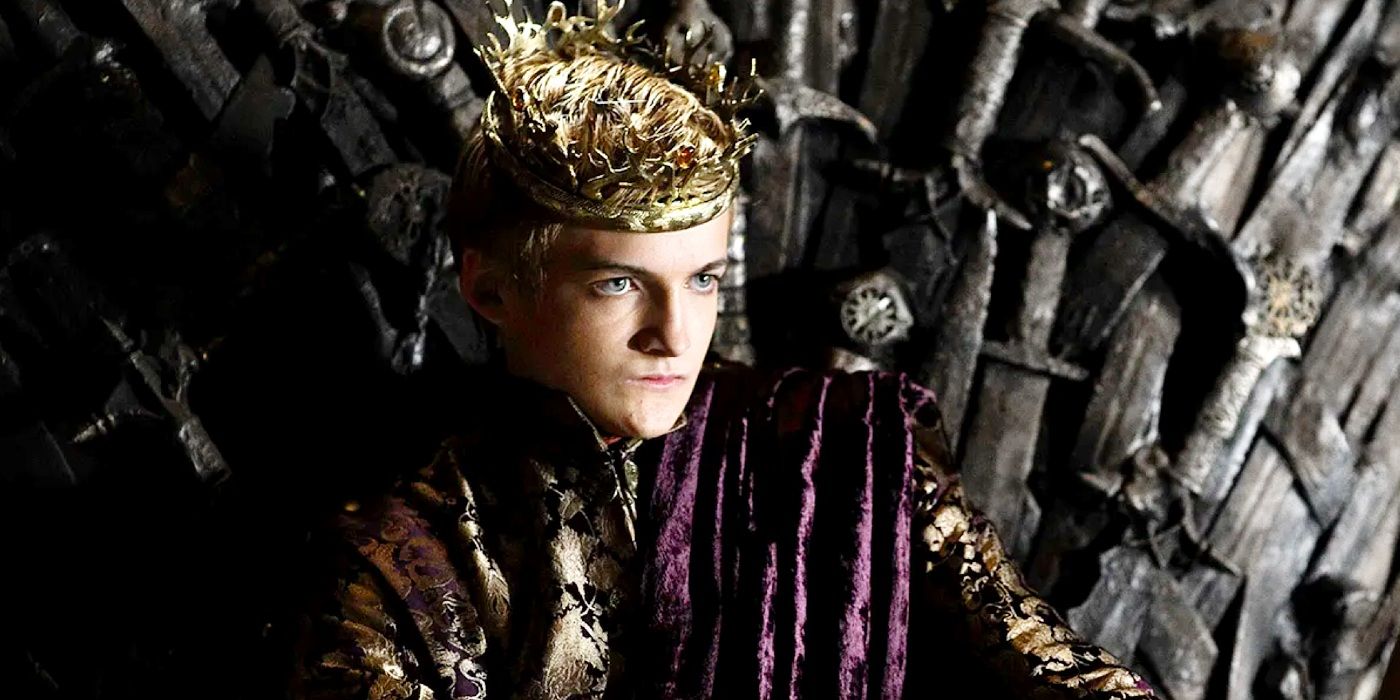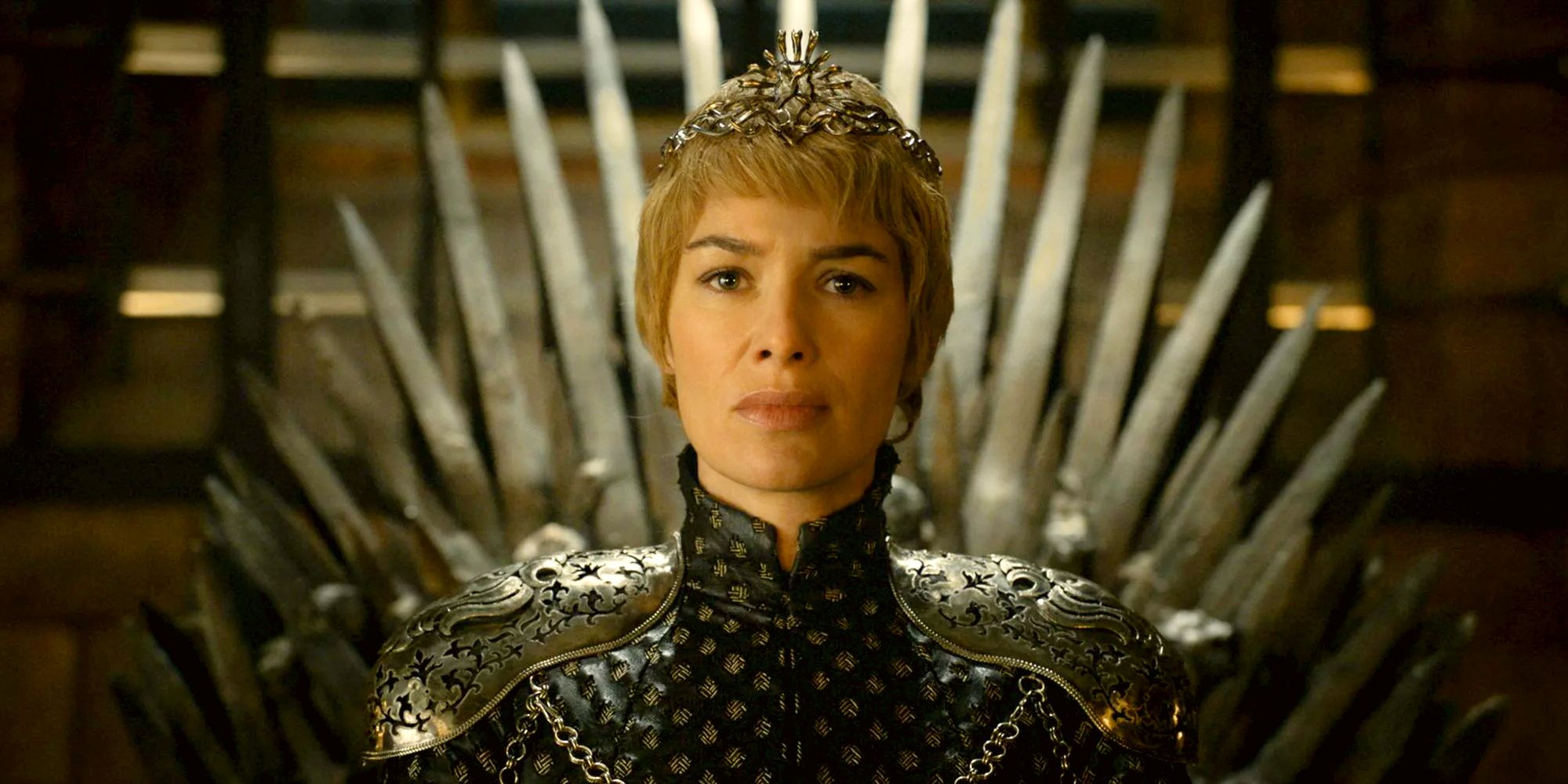Game of Thrones creator George R. R. Martin discusses what it takes to be an effective ruler of Westeros. First airing in 2011, HBO's adult-oriented fantasy series tells the story of several ruling families' attempts to gain control of the coveted Iron Throne. Game of Thrones quickly developed a passionate fanbase and ended up airing for 8 seasons before coming to a close in 2019. The acclaimed series is based on Martin's book series, A Song of Ice and Fire, with the author still yet to conclude the story.
Over the course of its 8 seasons, Game of Thrones sees a number of rulers occupy the Iron Throne, starting with Robert Baratheon (Mark Addy) in season 1. Baratheon is followed by several other rulers, many of whom turn out to be quite villainous, including Cersei Lannister (Lena Headey) in later seasons. As Game of Thrones entered its final season, however, Daenerys Targaryen challenges Cersei's claim to the Iron Throne, with both eventually dying in their pursuit of power. While many elements of Game of Thrones' final season shocked (and disappointed) fans, some viewers were left particularly surprised by the show's ending, which sees Bran (Isaac Hempstead Wright) become the ruler of Westeros.
Now, during the SDCC panel for House of the Dragon, the upcoming Game of Thrones spinoff, Martin himself has commented on what it takes to be a strong ruler of Westeros. The author explains that, crucially, the ideal King (or Queen) of Westeros should not see their leadership as a privilege or a birthright, but as a duty. According to Martin, a good ruler must be someone who is as comfortable with the mundane aspects of leadership, such as building roads, as they are with going to war.
Although later seasons of Game of Thrones didn't always go over well with fans, initial seasons proved popular with audiences and critics alike due to the introduction of highly flawed and complex characters and shifting power dynamics. Throughout much of the show's run, it could be argued that nobody who sat on the Iron Throne actually deserved it, with each ruler falling short in one or more of the aspects that Martin outlines. Ultimately, of course, these flawed rulers and undeserved kings and queens are part of what made Game of Thrones so beloved.
It remains to be seen how House of the Dragon will explore the responsibilities that come with sitting upon the Iron Throne, but trailers for the series have already shown off how the iconic throne will look in the upcoming prequel. Like Game of Thrones, it seems that House of the Dragon will explore the power struggles of similarly flawed leaders, perhaps even to a greater extent than its predecessor. While Game of Thrones may not have stuck the landing for many fans, Martin's comments would make an interesting lens through which to revisit the show, judging each new ruler that comes to power and the potential candidates that challenge them.


